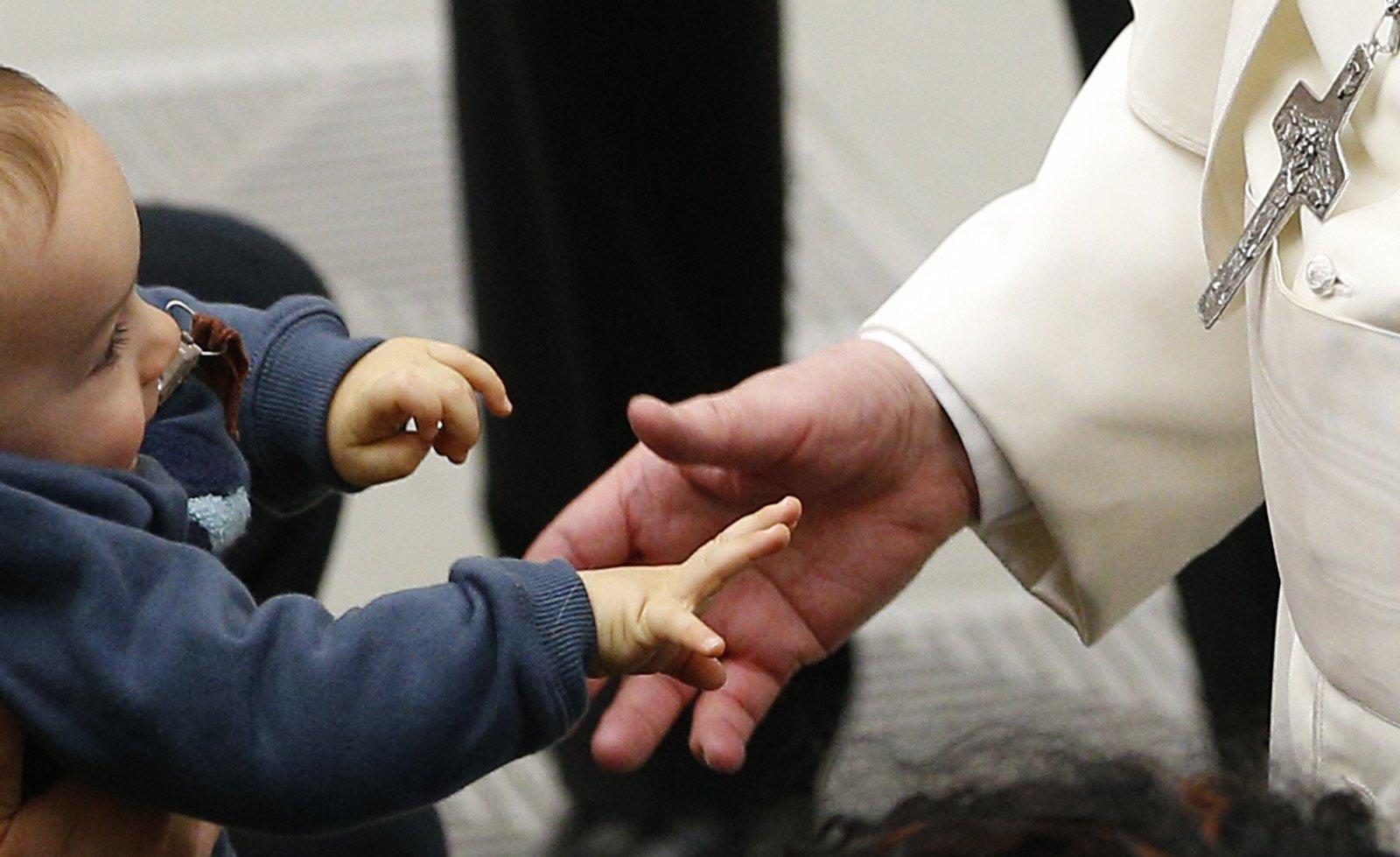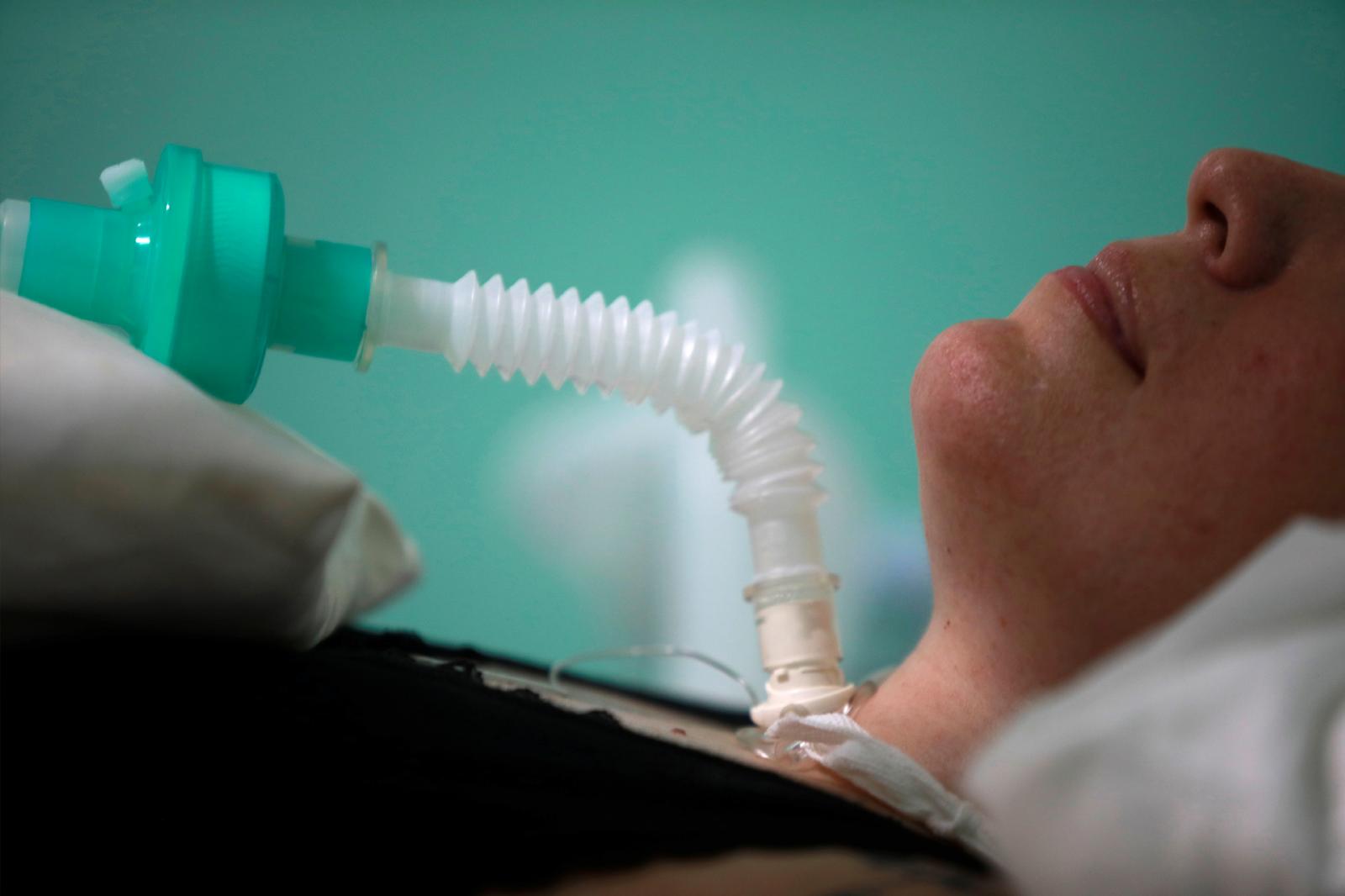Some health professionals may find killing someone in physician-assisted suicide distressing, while others may feel more at ease. One Doctor who took part in the study said: “I had a colleague who was all for it [assisted dying] and she’s, ‘I can’t do it anymore’ because even if you are in favour of it, it becomes a burden when you do it three or four times. It is stressful to kill somebody.”
It becomes even more distressing for those who oppose such practice on moral, ethical, and religious grounds to learn about such practises, all the more so now that such practises are on the verge of becoming legal in the United Kingdom.
Currently, assisting someone in committing suicide is a criminal offence punishable by up to 14 years in prison and is forbidden by section 2(1) of the Suicide Act 1961. It should be emphasised that in the United Kingdom, euthanasia is considered murder.
According to a You Gov poll, three-quarters of British citizens support assisted dying for terminally ill people. According to a guarding report, there is new evidence of widespread public support for a legislation change. In the House of Lords, a private member’s bill on assisted dying is awaiting its second reading.
I am opposed to euthanasia. I am a marginalised person attempting to express my views as a devout Catholic Christian. I’m hoping individuals in the power corridor will hear what I’m saying. I also hope that those who share my views or have completely different ones on this subject have the opportunity to read what I have to say. A dialogue about this subject and listening and reflection continues.
This article will look at how euthanasia/physician-assisted suicide affects our lives and relationships from a moral and philosophical standpoint rather than a legal one.
I argue that embracing the practice of assisted dying is a flawed form of care that will weaken the respectful and responsible human relationship that binds us all together in the community.
Usually, it is stated that no one should be forced to live in agony or suffering and that if a person’s condition becomes untenable, they should choose suicide.
It is simple to construct a case for euthanasia/physician-assisted suicide if the argument is emotional in nature and frames the issue in terms of “individual choice”. All that is required is a storey about an individual in tragic circumstances, what we may refer to as a “hard case” so that we look to lack compassion if we deny the individual a means of suicide.
My mother died as a result of a number of complex diseases. It was the terminal liver condition against which she struggled for years. My father, brother, and other close relatives witnessed her Suffering as they continued to support her and seek medical treatment. I was in the United Kingdom and hence unable to attend her due to difficult and complex circumstances. I feel that by providing an emotional storey of suffering and structuring arguments around individual choices, a case for euthanasia/physician-assisted suicide might easily have been made.
My mother lived in Bangladesh, a south Asian country without a national health service or universal access to health care; for years, she received expensive private treatment. Even land was sold to ensure she received the best care possible.
I’m sharing my personal story about my mother to emphasise the critical fact that our lives are not spent in isolation and that our choices are not made in isolation. We are all connected through relationships with people who are impacted and strongly imprinted by our time’s social, political, and economic institutions, just as my mother was. When the intricacy and interconnection of human existence are considered, it becomes clear why euthanasia and physician-assisted suicide are problematic.
Much of the debate about euthanasia and physician-assisted suicide conflates the concepts of pain and suffering. We should keep in mind that there is a distinction between pain and Suffering, and both must be treated with caution but in distinct ways. Many individuals fear the horrible suffering that will accompany their death and believe that euthanasia is a method to escape it.
But pain, if it is unbearable, can be alleviated through appropriate medication and palliative care, which includes palliative sedation if needed, which was sought in the case of my mother. We must remember that death is not always painful; if pain is a factor in someone’s death, we must make sure that they have access to competent pain treatment as well as hospice or palliative care.
Now I’d want to address the problem of suffering, which is distinct from pain in that it is existential. It is concerned with an individual’s worth, their place in the world, and the import of their life. Suffering may be reduced by valuing all individuals, regardless of their circumstances.
In that regard, I do have suffering as a marginalised person, since too frequently in our contemporary culture, individuals are only appreciated if they are “useful”, which typically demands them to be youthful, well-adjusted, and somewhat strong and healthy, in order to be harnessed to a productive activity.
One may argue that our society is a “functionalist society” stemming from a worldview that prioritises “productivity” and “usefulness” over other types of social participation. If individuals believe they are “unproductive” or “useless”, and so a burden on society as a result of disability, age, or infirmity, as is spread in the media and policy debates, it is difficult to imagine oneself as valued and hence worthwhile.
If we think in the line of the above argument, my mother was unproductive and possibly a burden for the society, which she was not; she was the most valuable member of the family. She just lived as my and my brother’s mother, my father’s wife, and had other identities such as sister, aunt, cousin, friend, and neighbour; she was valued for who she was, and we cherished her presence.
Often, she expressed concern that she was becoming a burden on the family, and we had to reassure her that she was not. The fact that someone is having difficulty breathing, eating, communicating, or using a toilet should not lessen their worth, and it is up to the rest of us to convey this critical message.
Euthanasia/physician-assisted suicide proponents claim that people should have a say in how they die: “My life, my choice.” This individualistic, choice-oriented perspective is problematic, as with choice comes responsibility. Each of our actions has ramifications that ripple out and have a variety of effects on the globe. We are not solitary people; we exist among others’ communities in certain locations and settings.
Most crucially, our essential communal way of being requires us to make responsible choices, that is, decisions that benefit others or have no negative consequences for others. There will be a change in cultural norms and the nature of relationships if we mainstream and expand our repertoire of “choices” to include euthanasia/physician-assisted suicide, and the ripple consequences will be enormous.
The social signals we send when we legalise euthanasia/physician-assisted suicide as a “choice” include the gradual and problematic increase of the scope and application of euthanasia/physician-assisted suicide; and the harmful alterations to relationships that will emerge as a result of legalisation.
The concept of euthanasia in its current form is based on a specific worldview, which moulds our modern westernised civilisation. This worldview regards the isolated individual as the basic functional, productive social unit, ignoring the complexity and interconnectedness of human existence. This dominant narrative marginalises alternative ways of living and thinking, such as mine.
I come from a part of the world that is more loving and considerate of those nearing the end of life. We do not surrender lightly to death and will do all possible to guarantee that a person lives as comfortably and meaningfully as possible.
In Bangladeshi culture, people are valued regardless of their circumstances, and those with mental illness, disability, and so on are supported appropriately and valued for their contribution to the inter-relational, intergenerational whole as someone’s brother, sister, mother, grandfather, and so on.
Most significantly, I’d want to remind readers that it requires communal effort to create a culture of assisted living rather than assisted dying. If we are to cohabit peacefully, it would be better to demonstrate sufficient concern for others to convey to them that their lives are always worthwhile, despite the pain or suffering they may endure.
William Gomes is a British Bangladeshi freelance journalist and human rights activist based in York, North Yorkshire.



 Loading ...
Loading ...
What do you think?
You can post as a subscriber user ...
User comments (0)